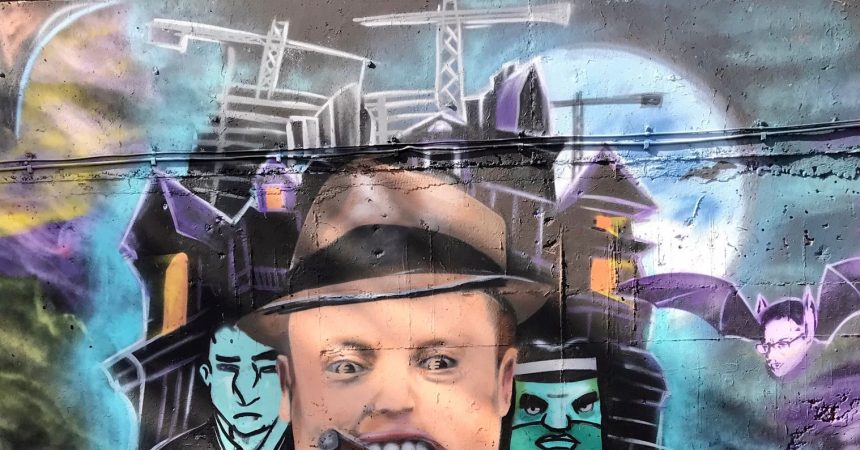Government and its apparatchiks are going to great lengths to give the impression that it’s business as usual, but is it really?
The stark contrast in the reactions to the brutal assassination of Daphne Caruana Galizia between the international media and European institutions and that of the Maltese government and a large chunk of the population has underlined the contradictions in our personal beliefs, ideals, and values.
The scripted message coming out of Castille and regurgitated by an army of apologists is clear: there is no institutional crisis and the rule of law “is as strong in Malta as any other EU member state.” Nothing to worry about, they insist. But is that really the case?
Last week, eight of the world’s largest news organisations urged Frans Timmermans, the European commission vice-president, to investigate Caruana Galizia’s murder and the independence of the media in Malta.
In their strongly worded letter, the editors and directors said the murder cannot be allowed to achieve the “clear objective of silencing her investigation into corruption at the highest levels in Malta.”
They also highlighted the European Commission’s concerns about the lack of political independence of the Maltese media and that it was the “only EU country that has such extensive media ownership by the political parties.”
But this level of concern is nowhere to be seen in Malta. Just days after the murder, Joseph Muscat jetted off to sell passports in Dubai while the Labour media and government supporters have tried every trick in the book to deride and at times ridicule calls for justice and institutional reform.
In the days after the assassination, government went on a spin offensive and blitzed social media with ads promoting the 2018 Budget measures and other policies. Nothing extraordinary one might conclude, given that over the course of four and a half years government spent around €50,000 per month advertising on Facebook and Twitter. Between 2013 and October of this year government expenditure on social media amounted to €2.6 million (excluding the bill of the finance and justice ministries).
Additionally there has been a concerted effort to delegitimise calls for justice and institutional reform, with Labour apologists insinuating that the foreign media and EU institutions are being instigated by the opposition and portraying anyone who is calling for reforms as a Nationalist.
In legal terms, a chilling effect is the inhibition or discouragement of the legitimate exercise of natural and legal rights by the threat of legal sanction and over the years this has been put to good use by politicians on both sides of the fence, with hundreds of libel suits filed against journalists who dare speak truth to power.
However, the so-called chilling effect can come in other forms and shapes. Any kind of coercion or threat of coercion can have a chilling effect on a group of people fighting for a particular cause.
The Labour media deceitfully reported that MEPs did not turn up for the session in Strasbourg to commemorate Caruana Galizia while in a venomous Facebook post a Labour supporter said that people protesting in the streets should be eliminated.
Others still described Bishop Charles Scicluna as a clown for having the audacity to say that “we cannot have a State without accountability and transparency.”
A number of activists and groups, such as the Civil Society Network, have had their Facebook pages blocked in what is a systematic attempt to silence whoever has stood up to be counted in these dire times.
The intimidation and hate is not only verbal. Some people have admitted that they decided against attending the peaceful demonstrations organised by the Civil Society Network because they feared for their job or that of their relatives.
This narrative has led to people being desensitised and believing that its business as usual because talk on rule of law and institutional paralysis is superfluous in a context of unprecedented economic growth.
Addressing his party faithful, Muscat said that “all those trying to make political mileage out of the murder of Daphne Caruana Galizia would see it blow up in their face,” adding that the journalist’s murder “triggered off a difficult moment for Malta, but it should not be allowed to derail the country’s long-term plans.”
It is evident that Muscat is only interested in his legacy and reputation and in the face of the glaring shortfalls in our Constitution he would rather conceal the gaping holes in our democracy than ensure that our society is based on the values of respect for human dignity, freedom, equality, the rule of law and respect for human rights.












